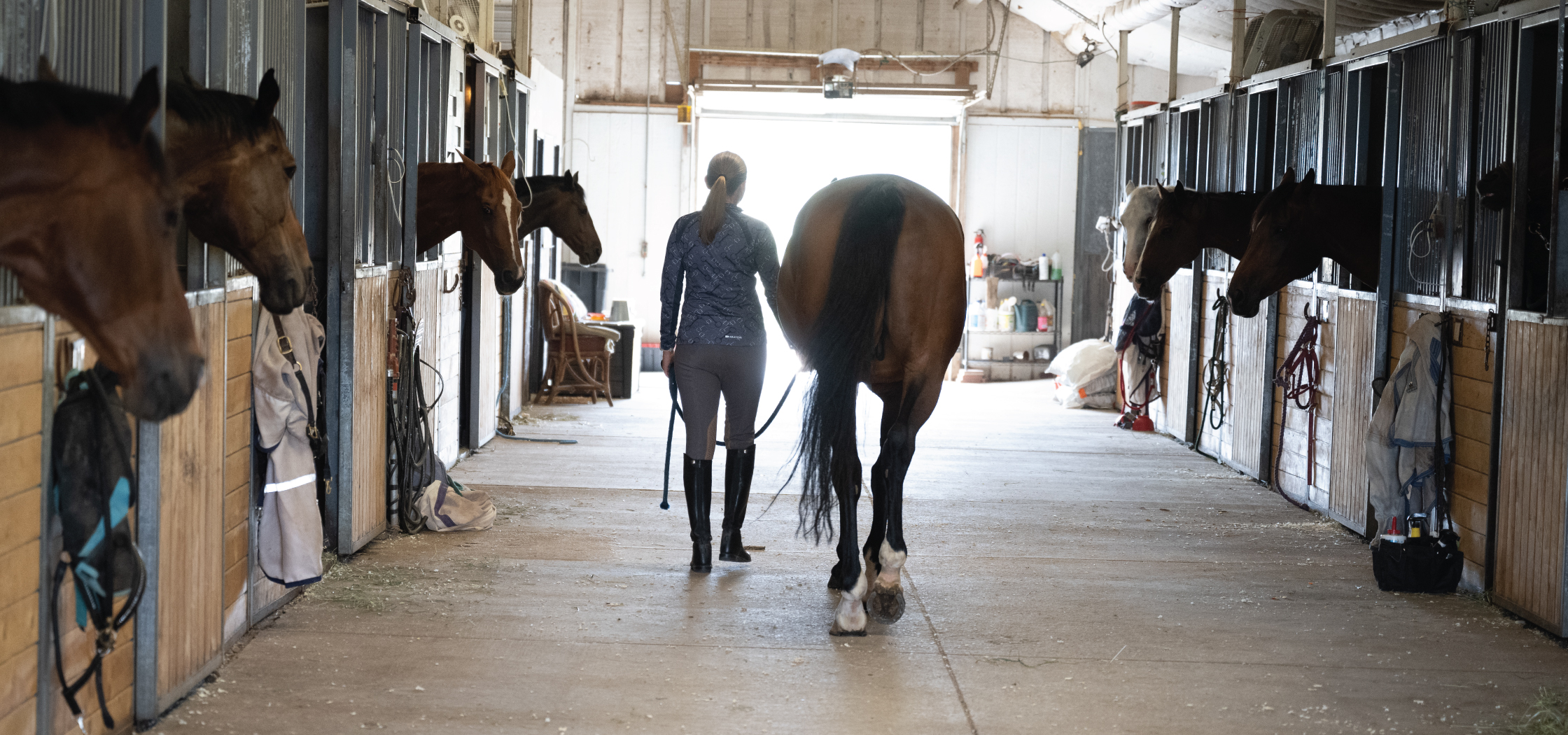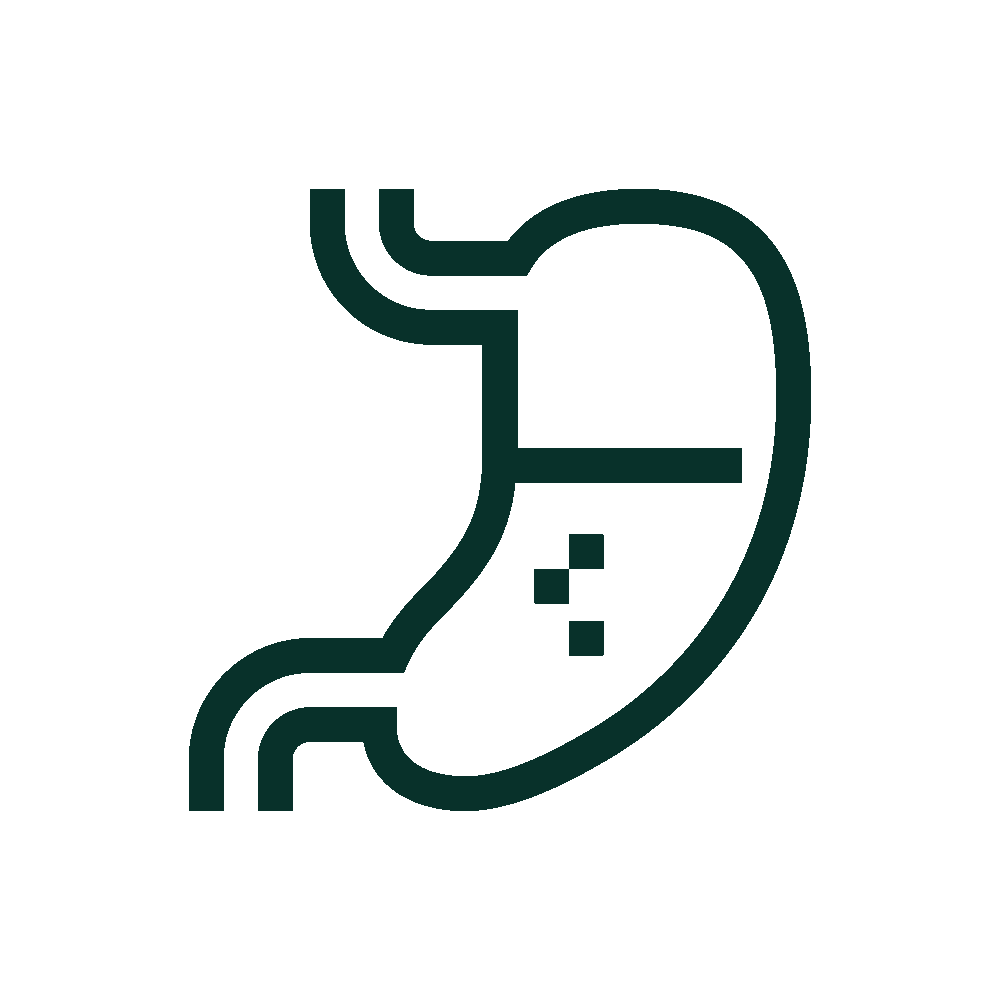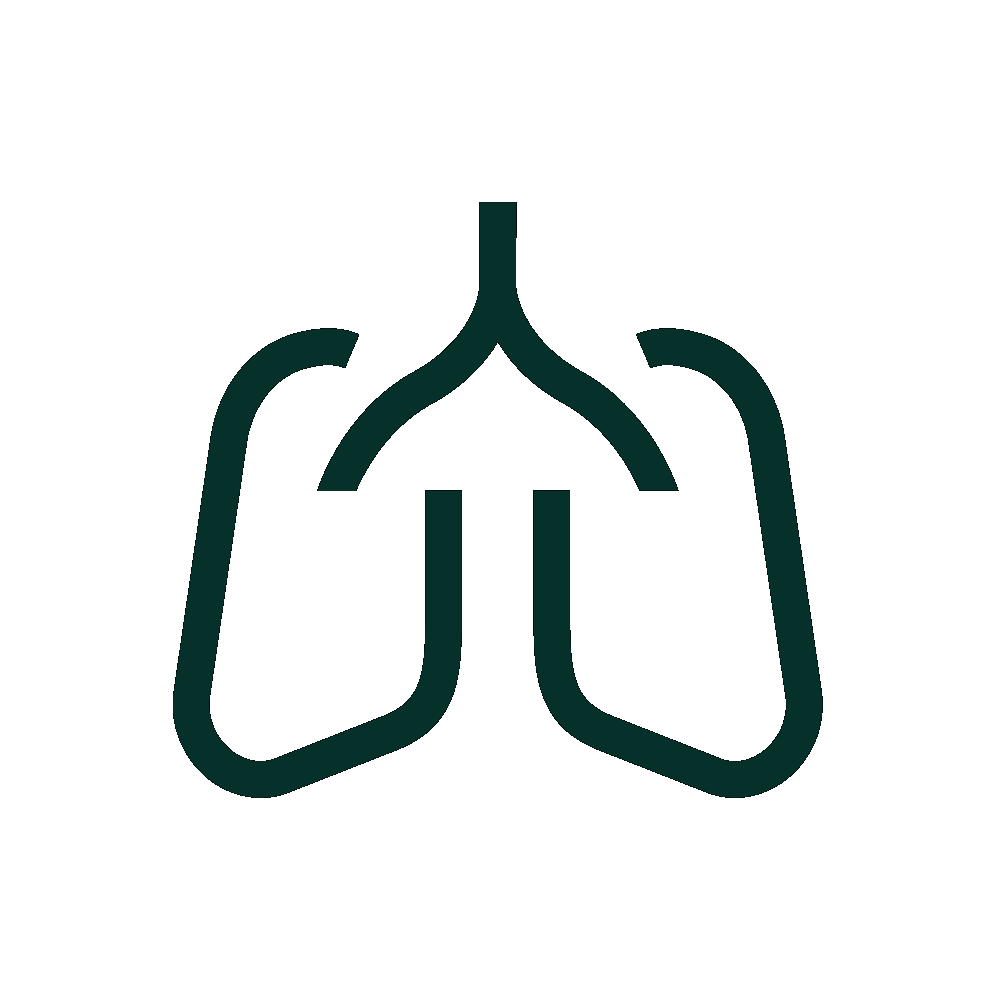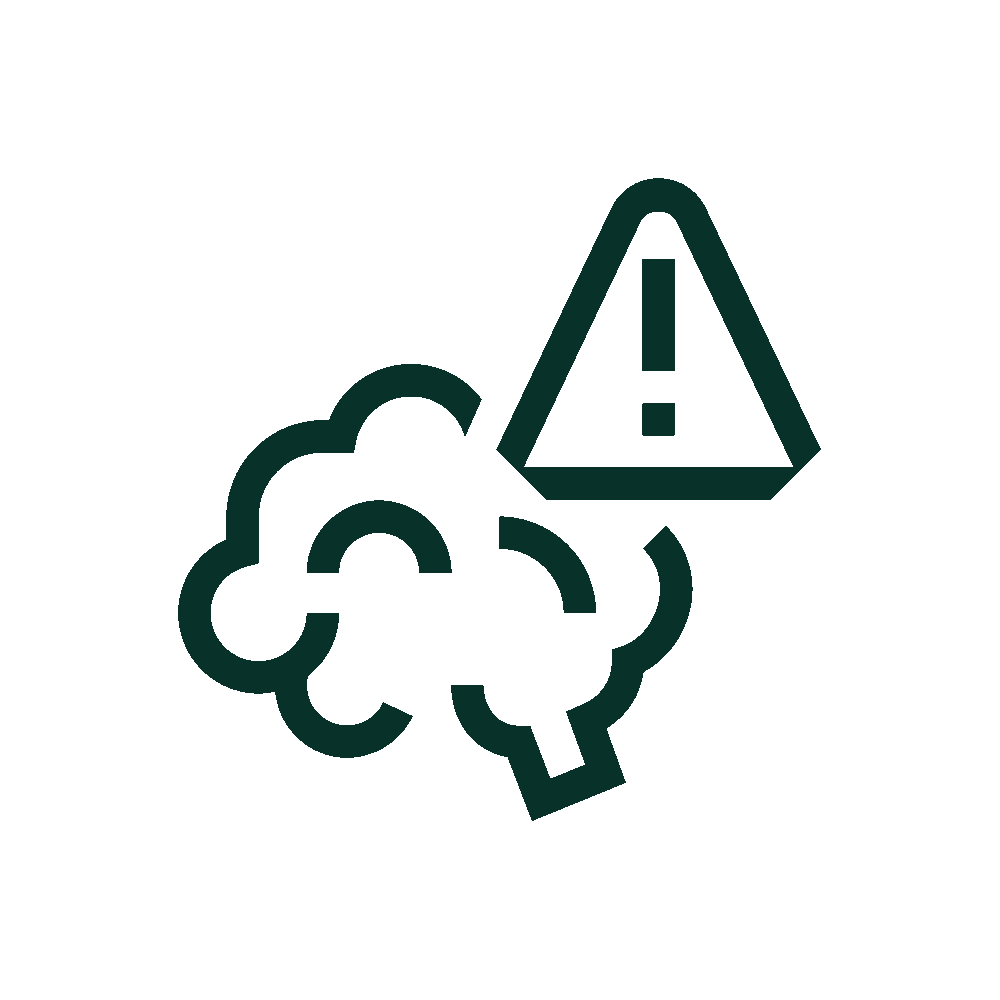Managing Environmental Risks
by Boehringer Ingelheim / May 17, 2024

How to Manage the Environment to Reduce Respiratory Disease Risk
A horse can inhale up to 4.6 million dust particles in a single breath. The dust particles contain antigens, which are any substance that can result in an immune response in the horse. Certain horses, when exposed to those antigens in the form of dust, may experience inflamed airways.
Inhalation of airborne dust can result in or exacerbate noninfectious equine respiratory diseases, which can lead to decreased performance and difficulty breathing, even at rest. That’s why horse owners need to take a three-pronged approach to managing the disease:
1. Control of environmental factors
2. Use of glucocorticoids to reduce inflammation
3. If needed, administration of bronchodilators
Managing the environment is an imperative practice, whether the horses living in the barn have respiratory disease or not. The main goal of environmental control is to decrease dust present in the barn and environment, primarily created from bedding and feed/hay.
If asthma is barn-induced, the best solutions are to:
- Provide pasture turnout full-time where possible
- Decrease dust associated with feed and bedding
When 24-hour turnout is not available, there are things you can do to minimize dust in the barn, such as:
- Keeping horses in a clean, well-ventilated, low-dust environment
- Feeding a cubed or pelleted diet
- Soaking hay
- Avoiding storing hay above stalls
- Minimizing sweeping or blowing of floors while horses are in the barn
- Allowing time for airborne dust to settle before returning horses to stalls
- Using low-dust bedding
While these environmental management efforts can’t always eliminate respiratory issues, they will certainly help minimize
the impact.
For more information about severe equine asthma syndrome, visit Respiratory Health.
©2025 Boehringer Ingelheim Animal Health USA Inc., Duluth, GA. All rights reserved. US-EQU-0136-2024






